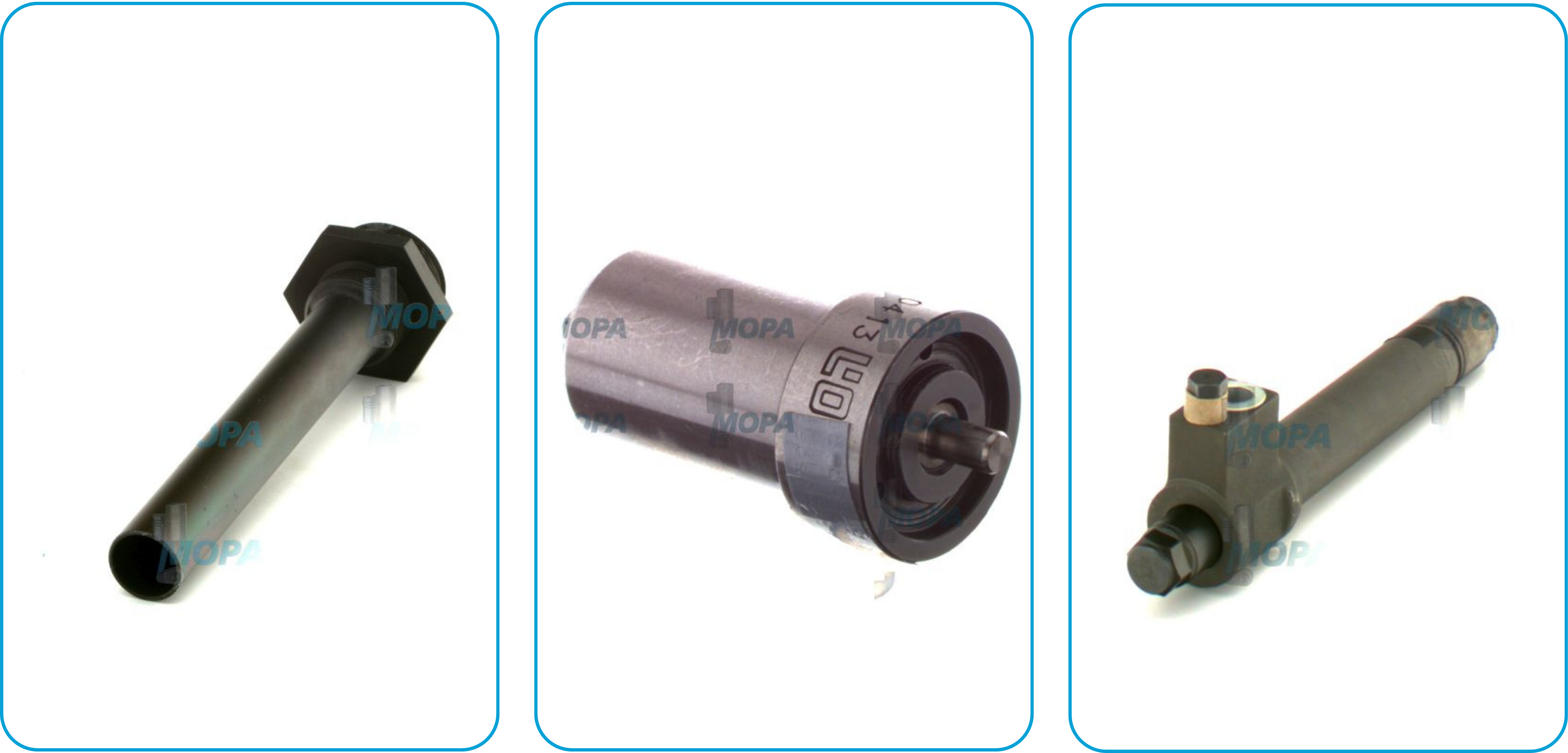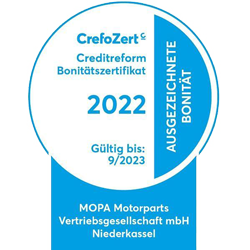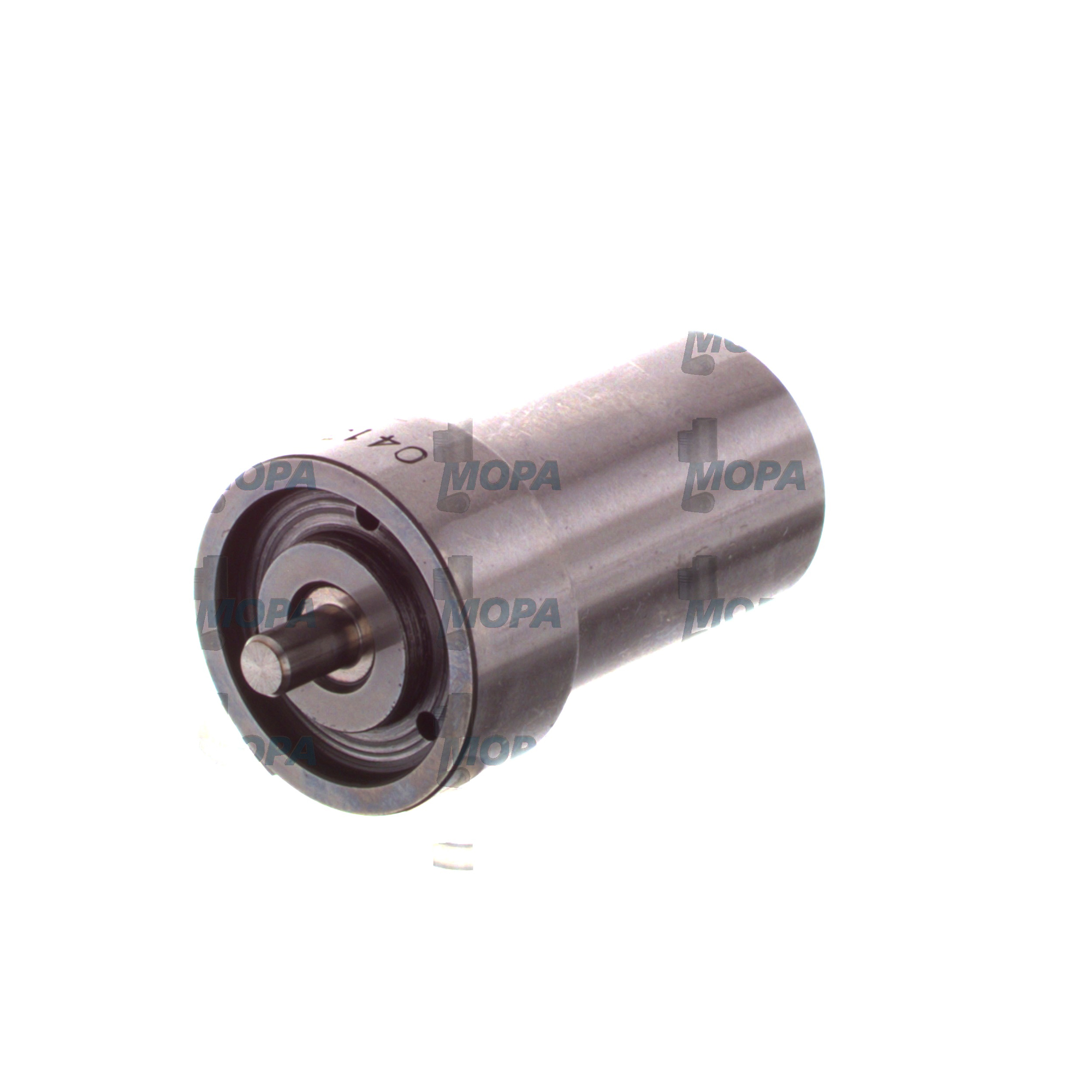Injection components – performance through precision fuel delivery
An injection engine relies on precise fuel metering and atomization for optimal combustion, efficiency and emissions control. Unlike traditional carburetor systems, injection engines use electronically or mechanically controlled injection parts to deliver fuel directly into the combustion chamber or intake manifold. Whether in industrial generators, ships, or heavy-duty machinery, a well-functioning injection system is vital for engine longevity and performance.
Function and benefits
The injection engine uses a system of fuel pumps, injectors and sensors to control the fuel-air mixture. This process ensures that the engine runs more efficiently and responds better to load changes. Key benefits of modern injection engines include:
- More precise fuel control for better combustion
- Lower emissions and improved fuel economy
- Higher performance, especially in turbocharged systems
Whether in a marine engine or a high-speed power unit, the quality of injection components has a direct impact on system stability and engine output.
Injection systems and their components
Injection systems can be divided into several types, including single-point, multi-point and direct injection systems. The direct injection engine delivers fuel directly into the combustion chamber, improving power output and reducing fuel usage. A typical injection system includes high-pressure pumps, fuel rails, injectors, sensors and electronic control units.
All injection components must work together precisely to maintain system balance. In an injection motor, even minor inconsistencies in pressure or spray pattern can lead to performance losses or increased wear.
Materials, maintenance and replacement
Injection parts are exposed to high pressure, heat, and chemical stress. High-quality materials such as hardened steel and corrosion-resistant alloys are essential for long-term durability. Routine inspection and timely replacement of injection components help prevent engine misfires, fuel leakage or system failure.
We provide a broad range of compatible injection parts for injection engines used in marine and industrial settings. Our product portfolio includes components suitable for MTU, Deutz, MAN, Volvo Penta and MWM engines – with fast local availability and B2B-focused service.

FAQ
What is an injection engine?
An injection engine uses a fuel injection system to deliver fuel directly into the engine instead of relying on a carburetor. This allows for more accurate fuel metering, better combustion, and reduced emissions.
What is the difference between direct injection and regular injection?
In a direct injection engine, fuel is injected directly into the combustion chamber. In regular (port) injection, fuel is delivered into the intake manifold. Direct injection generally offers better performance and efficiency but requires more precise components and higher pressure.
When should injection parts be replaced?
Injection components should be inspected regularly and replaced if there are signs of fuel leakage, pressure loss, rough engine performance, or poor fuel economy. Common parts requiring replacement include injectors, pressure sensors, and fuel pumps.










